
Weather balloons LessThan3ley
Fill your balloon with hydrogen or helium gas. To make the weather balloon, use the nylon cord to attach the top of the parachute to the bottom of the balloon. The parachute will be used to deliver your equipment safely back to earth. Attach your radiosonde (or whatever meteorological equipment you wish to use) and, optionally, a camera and GPS.
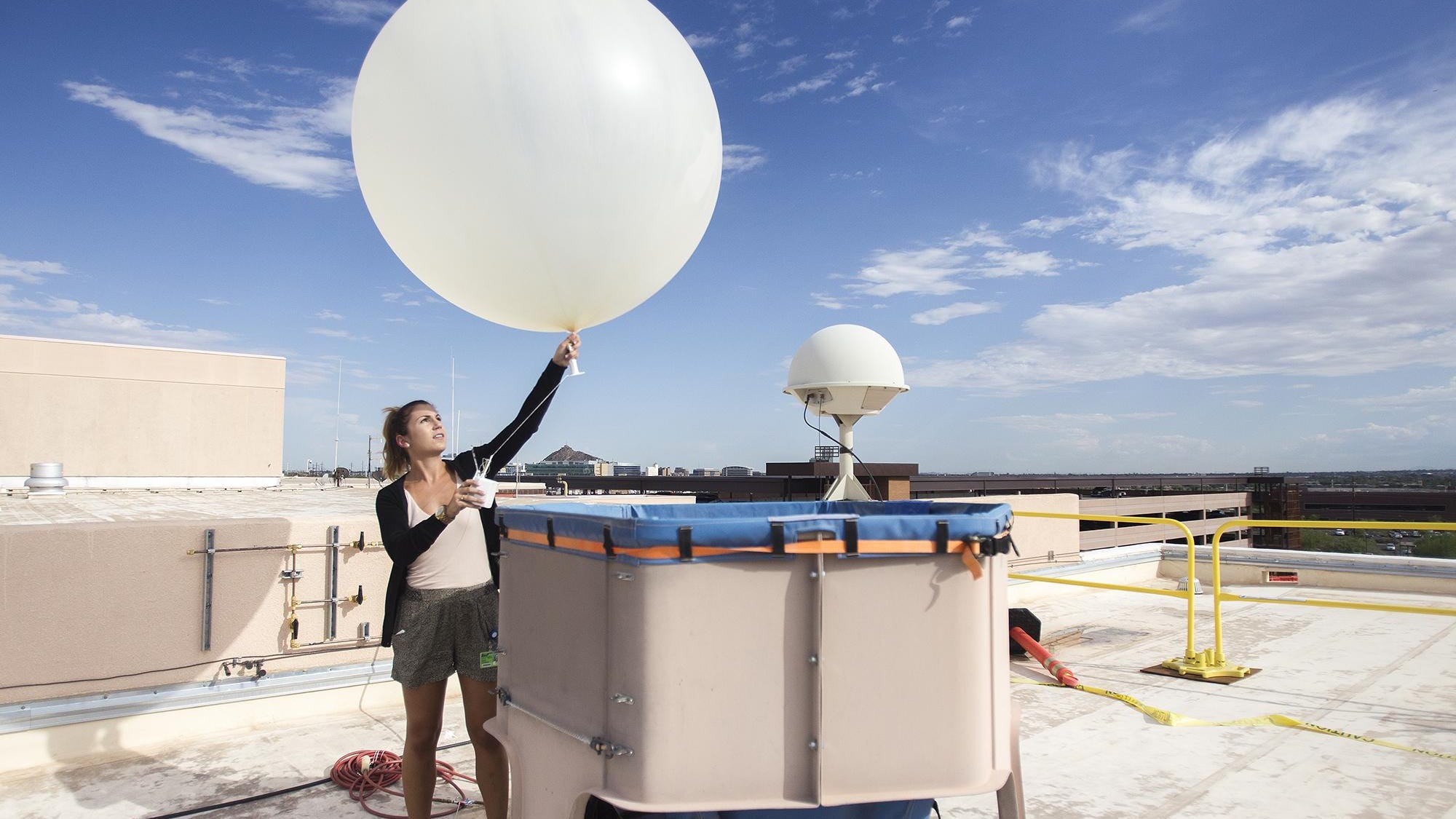
Weather Balloons
As the balloon hurtles away from the Earth, the radiosonde is already hard at work, beaming atmospheric information back to data centers.. After an hour, the balloon has ascended to almost 100,000 feet (30,480 meters). This is the stratosphere, the second-to-last atmospheric layer before outer space.Below, the Earth's features are obscured by a thick layer of cloud.
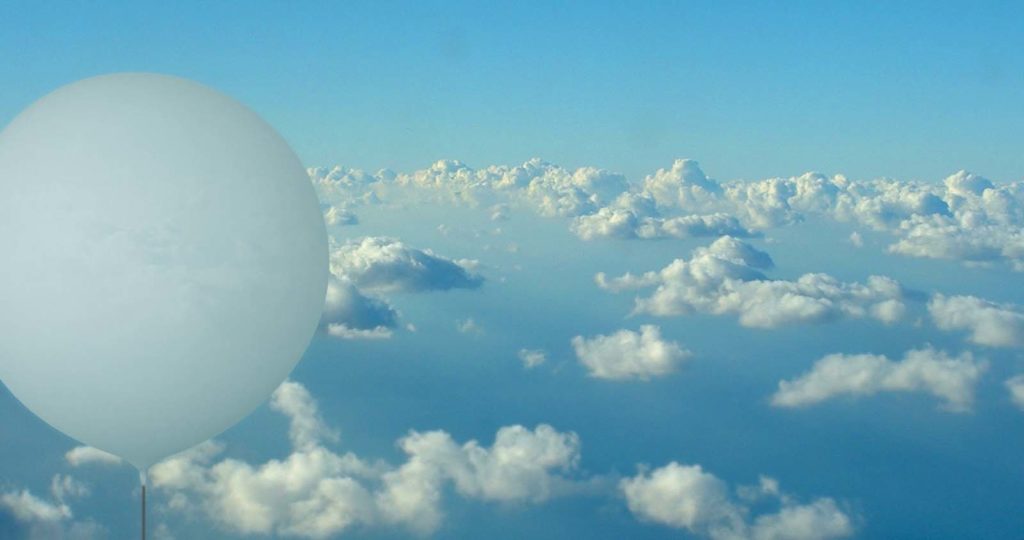
Weather Balloons How Do They Actually Work? StratoStar
A weather balloon, also known as a sounding balloon, is a balloon (specifically a type of high-altitude balloon) that carries instruments to the stratosphere to send back information on atmospheric pressure, temperature, humidity and wind speed by means of a small, expendable measuring device called a radiosonde.

Weather Balloons for Sale 100g Pilot Balloon Vanam
On any given day, nearly 1,800 weather balloons are launched across the world, including 92 here in the U.S. and U.S. territories, according to the National Weather Service. Each flight lasts.

Weather Balloons for Sale 30g Pilot Balloon Vanam
Weather balloons definition and purposes. Weather balloons are one of the five major weather instruments used to collect various data about the state of the atmosphere, oceans, soil, and other environments, along with weather stations, radars, satellites, and buoys. Like other instruments, balloons collect information on all major weather.
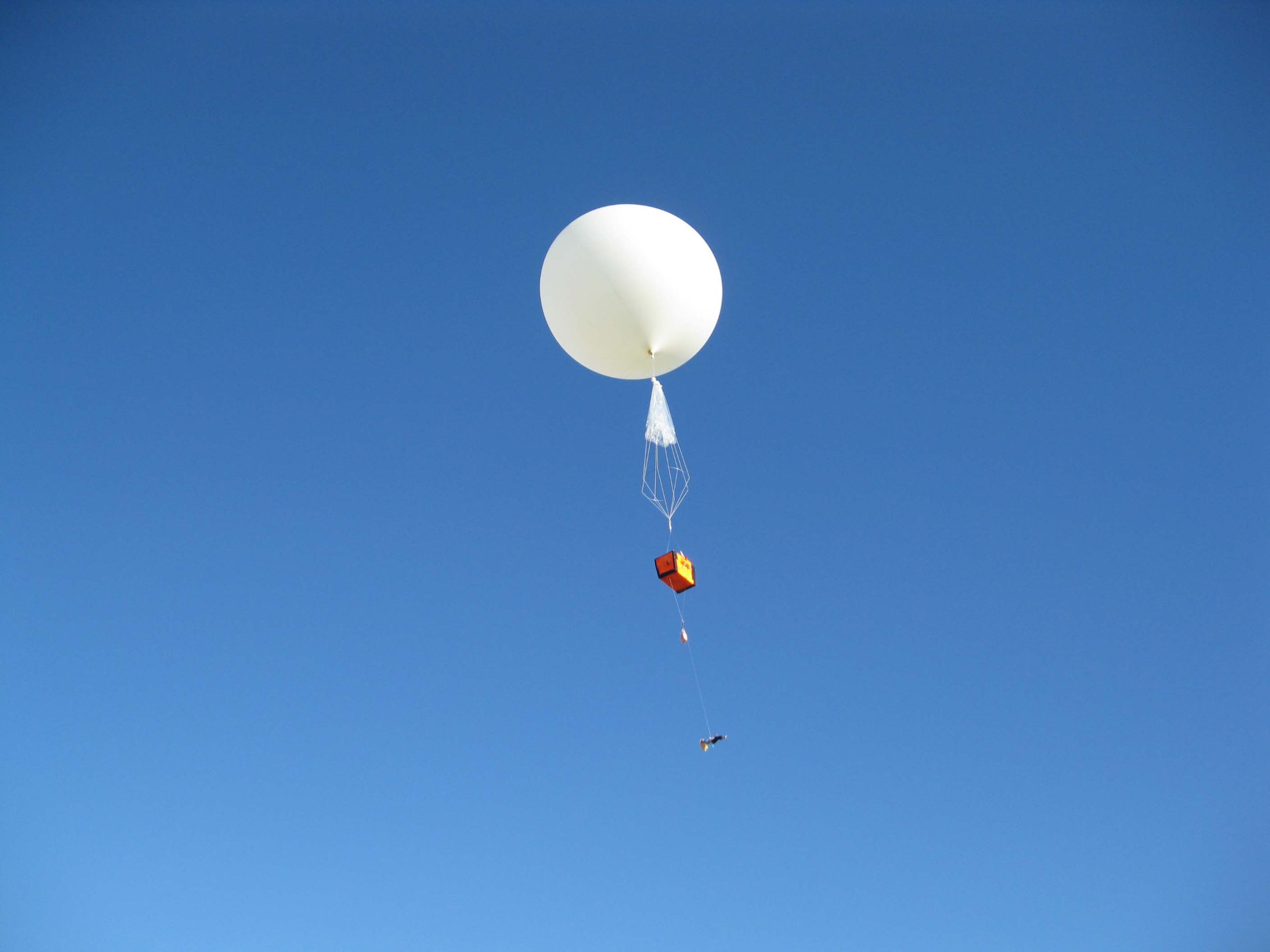
Weather Balloons Earth Sciences
Weather balloon. The invention of the weather balloon inaugurated the age of remote sensing, the ability to collect information from unmanned sources.Use of weather balloons is now common in advanced atmospheric research. High altitude weather balloons have also been used by astronomers and cosmologists seeking to take readings of certain particle frequencies or gather light readings free of.

Balloon Launching a weather balloon to take a camera, GPS … Flickr
WFAA meteorologist Mariel Ruiz teams up with NWS meteorologist Daniel Huckaby to explain weather balloons as they send one up to the sky.More: https://www.wf.

After all the balloon fun was over we let them go and captured the
Weather balloons are launched by meteorologists twice each day from more than 500 locations all around the globe in a coordinated effort. In the U.S., the National Weather Service (NWS) is the.
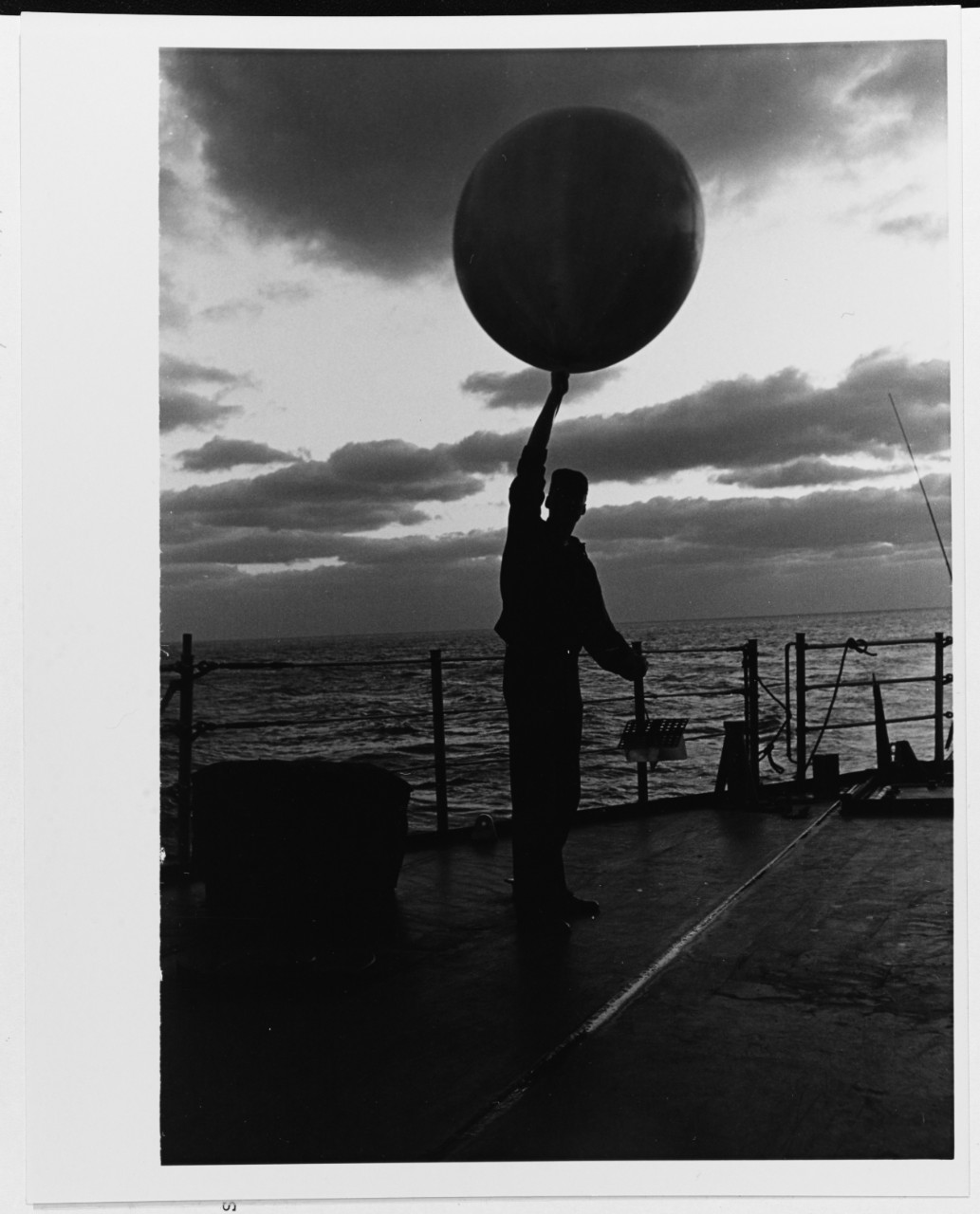
USN 1120533 Weather balloon
A weather balloon is made of latex or neoprene, which are synthetic rubbers that allow it to stay up in the air for about two hours. The NWS reported that the sides of this balloon are around 0.0019 in (0.05 mm) thick before being released. The balloon thickens to 9.84 in (0.0025 mm) when it reaches typical bursting altitudes.

Up and away Northeast students launch messagebearing balloons
Into the Sky. Filled with helium or hydrogen, the weather balloon begins its ascent. It rises for up to two hours and reaches heights up to 35 kilometers (22 miles). The entire time it rises, it sends information back to the ground, often as many as 1,000 to 1,500 readings per balloon on everything from temperature to wind direction.

weather balloon just won't burst. Weather balloon, I give up, Balloons
Jan. 4, 2024. A surge in sightings of balloons from China flying over Taiwan has drawn the attention of the island's military and struck some experts as a calculatedly ambiguous warning to.
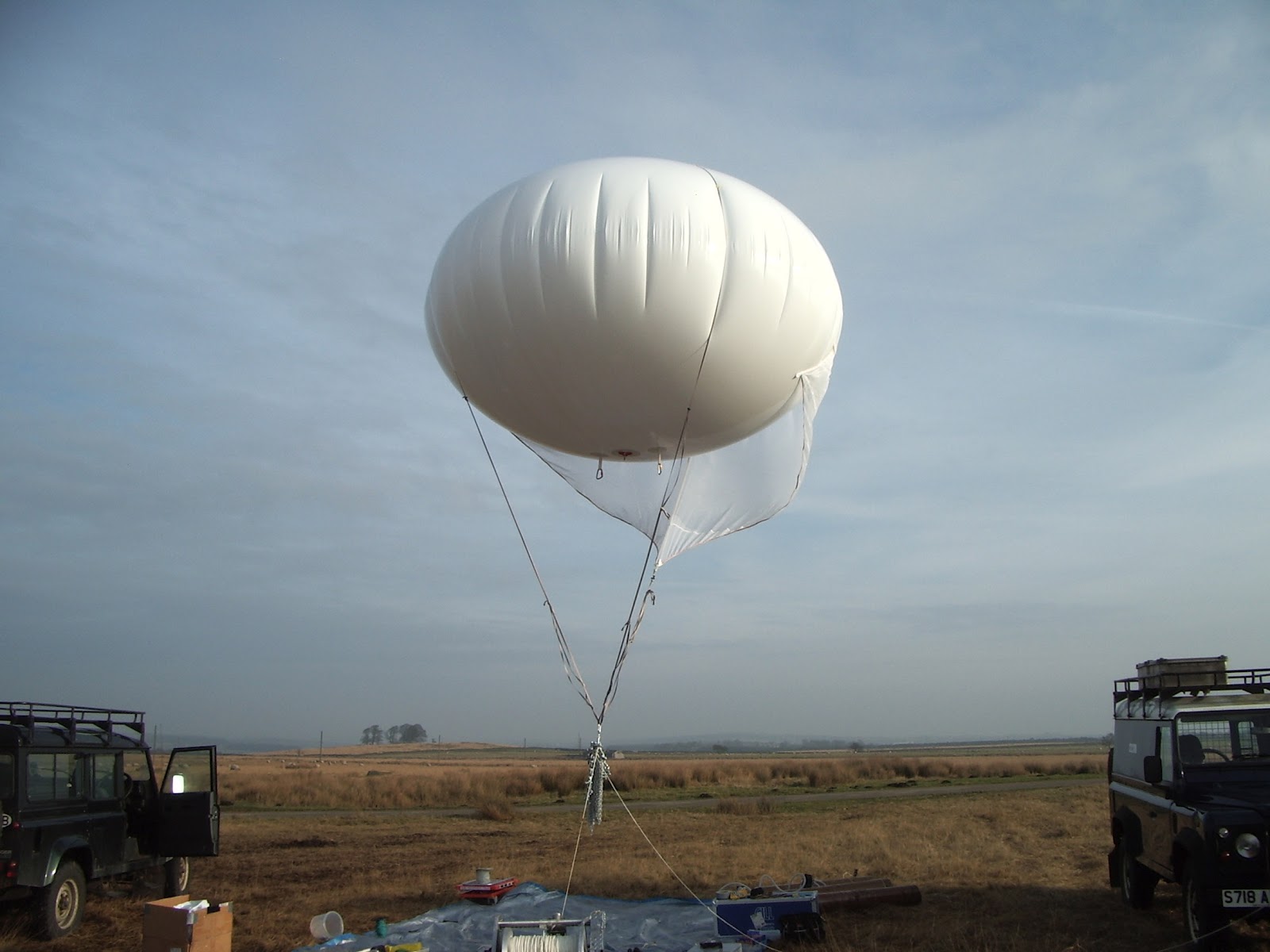
Hannah's Science Blog August 2012
This video shows how the National Weather Service prepares and launches weather balloons with special instruments attached as part of the forecast process.
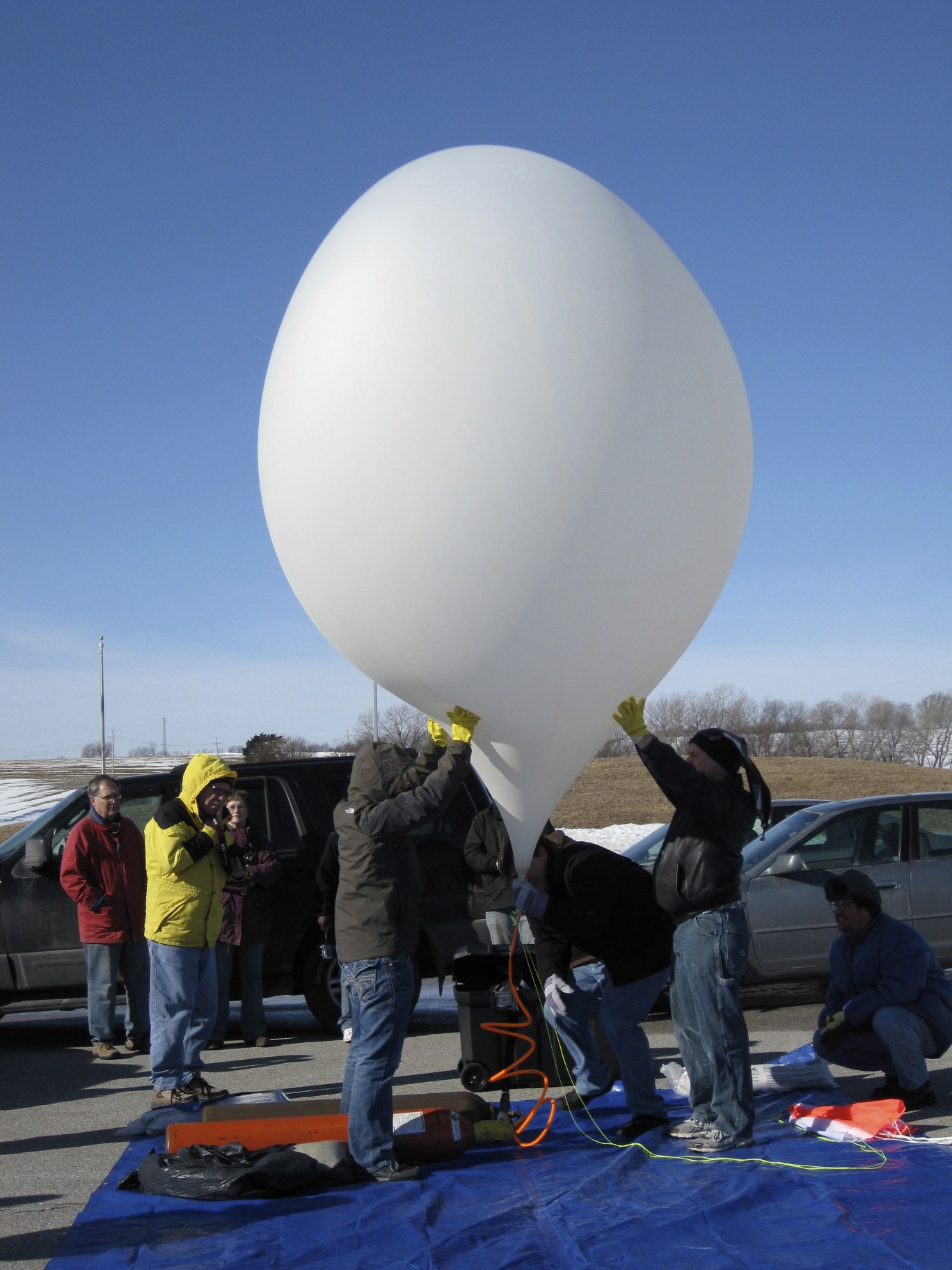
Weather Balloons Party Favors Ideas
A weather balloon is a balloon that carries certain instruments high into the air to record or send information back to be used for research and weather information. One of the first recorded times a weather balloon was used was in the late 1800s when Leon Teisserenc de Bort - a French meteorologist - launched several weather balloons that resulted in the discovery of the tropopause and.
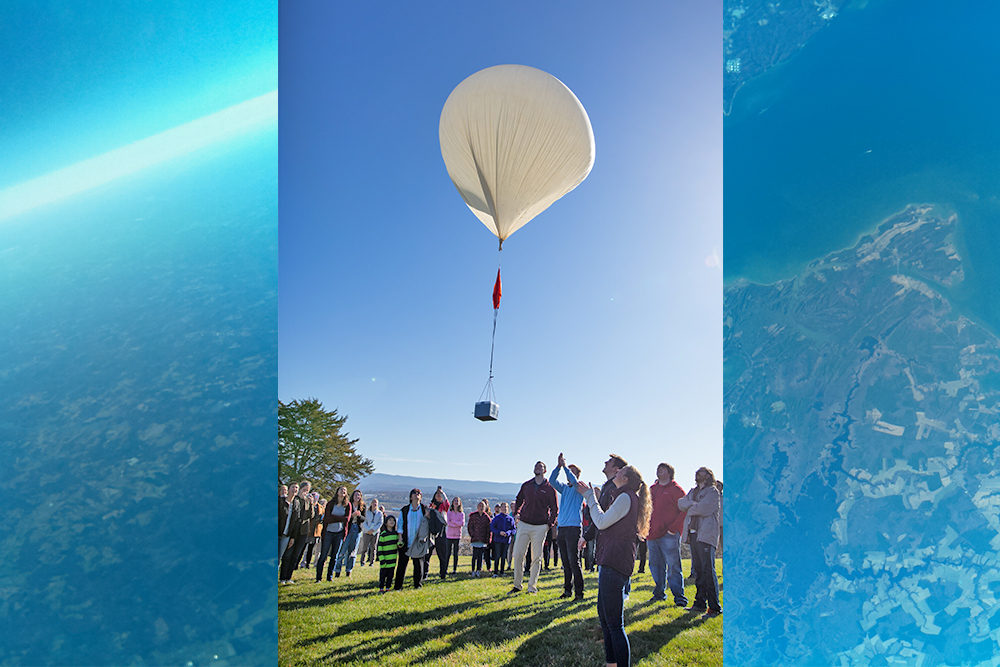
EMU engineers' weather balloon lands in Maryland EMU News
TALLAHASSEE, Fla. (WCTV) - Twice a day, the National Weather Service in Tallahassee launches a balloon into the sky. On Monday night, it was meteorologist David Reese's job. Reese says the data.

“How weather balloons work and why they’re crucial to forecasting
While we think of balloons as a fun party accessory, they also play an important role in weather forecasting. Sunday is National Balloons Around the World Day, a day to celebrate both the whimsical and scientific side of balloons.. In the 1930s, NIST researchers designed and built a balloon-borne instrument that could send weather data to the ground.
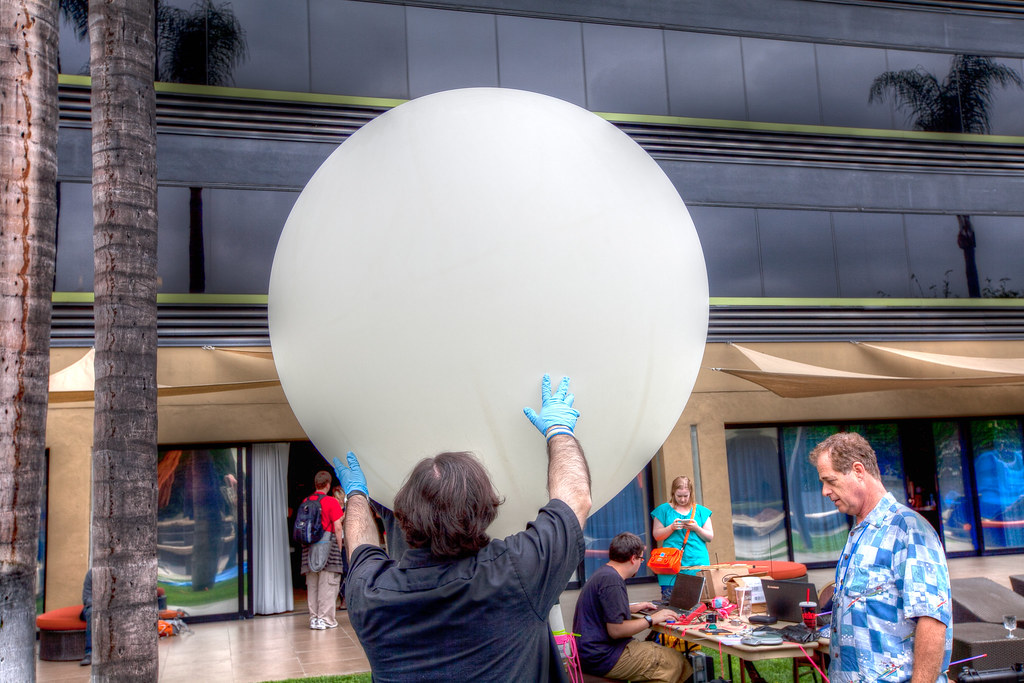
Balloon Launching a weather balloon to take a camera, GPS … Flickr
A big thanks to all current and future patrons who are helping fund this science and filmmaking outreach via Patreon: http://bit.ly/2Sfmkph Don't forget to f.